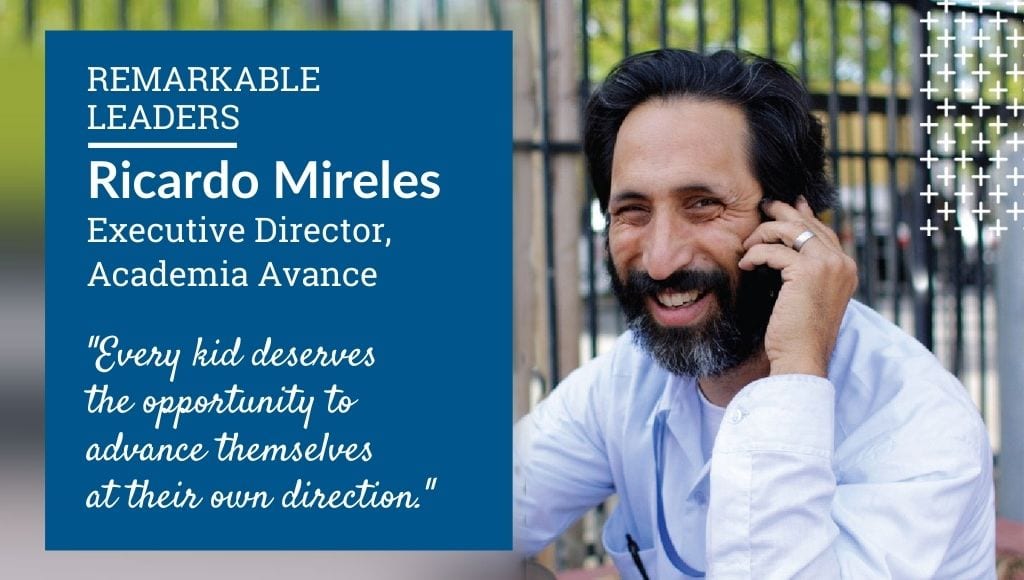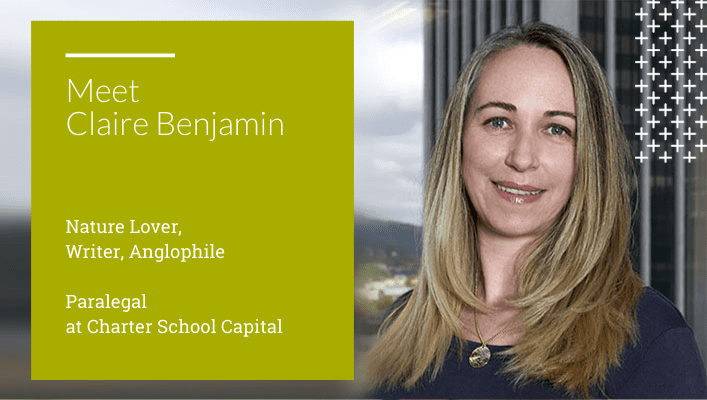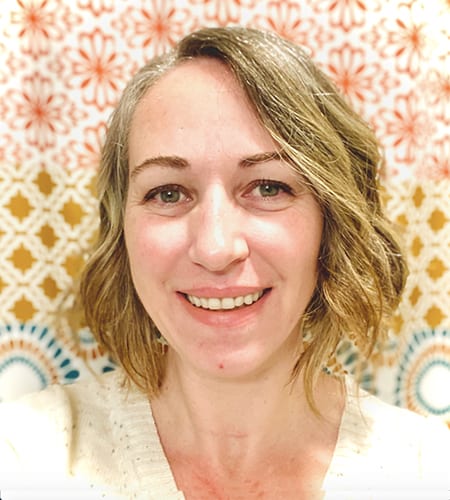Jen is a California native, nomad at heart, animal lover, and motorcyclist. Before being part of the Charter School Capital team, she spent a decade in the Non-Profit sector where she had the opportunity to travel internationally to connect with students and community partners.
As our Certified Salesforce Administrator, she is dedicated to streamlining productivity, strengthening culture, and empowering others to grow and lead. Now living in Portland, she continually improves her skills and fights for equity in the educational sphere.
How did you Meet Charter School Capital?
I was in California, looking to move to a place that would accept my German Shepherd and four cats. Seriously, it was almost impossible until I found spaces in Portland. I contacted my friend, hoping she’d want to move in with me, and there we were, two ladies and six pets moving into a house.
Looking for a job, I found Charter School Capital on LinkedIn and spent hours on its website, making sure it was the right fit. An ethical place, a good transition from the non-profit sector, and supported education. The following morning, I got the call from John Caughie (IT Manager). Since working here, I’ve entirely expanded and have been challenged daily with new learning curves and fun, exciting work.
How would you describe Charter School Capital and your position?
Charter School Capital provides charter schools with resources and services to grow. As an Organizational Systems Analyst, my job is to make doing that internal work more accessible on the processing and data front.
What’s something about you that might be surprising?
After university, I volunteered at my old high school to mentor sophomores on college planning. While the school prompted students to pick majors based on interest tests, I encouraged them to research LinkedIn for industries or job descriptions they thought compelling. I pushed them to think of the importance of a supportive network, be unafraid of looking into vocational or alternative education, and ask questions. Those conversations and connections made me realize my love for mentorship, and I hope to continue that.
What did you want to be when you grew up?
Growing up, I was faced with living in a rough neighborhood on welfare with a disabled mom and no child support. My biggest goal growing up was to get my driver’s license and be financially independent, so I could experience freedom, have some security, and help support my mom. There wasn’t any specific aspiration, just a state of being.
What brings you joy?
A sense of wonder of the world. I can’t imagine a day without learning something new, taking in new pieces of information, or even just enjoying the wonders of life.
When did you learn about this line of work? What called you to it?
An immense joy I get from working in support of education is the long-term impact it has on the students and the broader community served. Being a database administrator in a platform with a robust knowledge-share community has prepared me to best provide for others’ needs in an efficient way.
What gets you out of bed in the morning?
The things I love most in life: riding my motorcycle, my pets, nature, and travel.
What piece of advice would you give recent graduates?
As folks grow, take time to reflect on what you like and don’t like; then figure out why. Communicate what your needs are and be the best version of yourself. Overall, being self-aware, a strong communicator, and living with an intent to create social unity are the tools that will propel you forward.
Over the years, what wisdom have you learned?
Be Bold. Seek Truth. Explore.
From your position, how do you impact charter schools?
By providing strong technical solutions that ease processing or informational needs of Charter Schools collaborating with us. I do this by collecting CSC Client Portal User feedback, which enables us to see what features our constituents would best benefit from and what isn’t intuitive about our current platform. A good chunk of my role is optimizing CSC’s availability to data, which drives analysis that benefits our active clients and allows us to report to the movement on trends we may see that assist school administrators or parents in making informed decisions.
If you could create a new class subject, what would it be?
I have two. The first is Historiography; understanding history’s history is essential in comprehending the breadth of human interaction and motivation. Showing the connection of human life across cultures and time.
The second would be Adulting. Focusing on the best practices for personal finance, renting vs. buying, skill acquisition, taxes, investing, and the importance of building relationships. Stuff you’d figure out along the way but condensed in a consumable amount.
In your view, what does the world need more of? Less of?
We need more critical thinkers … and cats.
We need less people operating out of fear of judgment or change.

What do you hope to see for the Future of Charter Schools?
More harmony across the education sector in accepting Charter Schools for the disruptors they are; hopefully, that growth would then influence all curriculum and administrative practices.
What do you hope to see for the Future of Charter School Capital?
First, I hope we continue to work closely with partners by checking in with them, making sure they are heard, and finding solutions that best fit their needs. Second, I hope we maintain our spirit of innovation, going above and beyond expectations, and continuing to thrive.
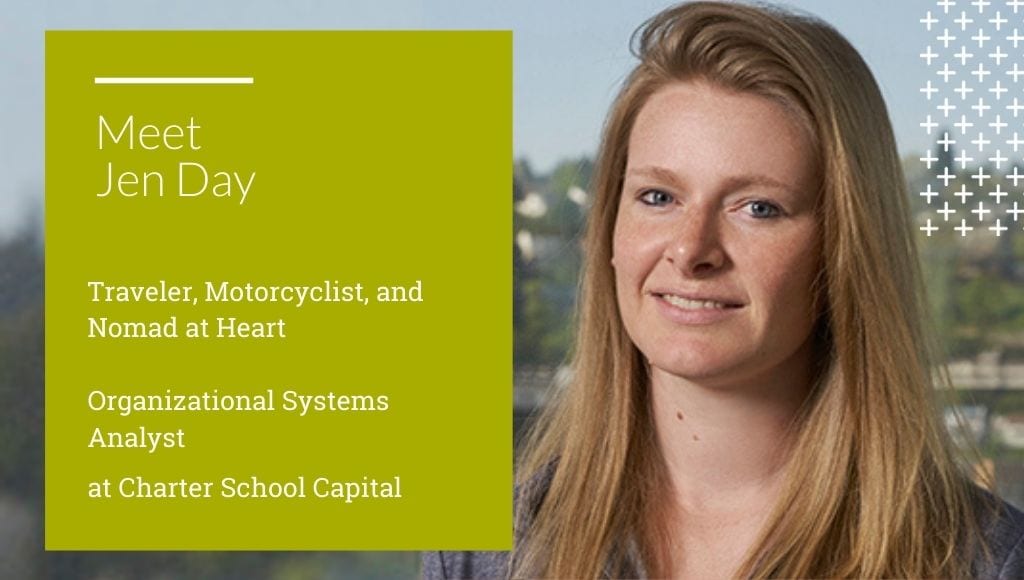
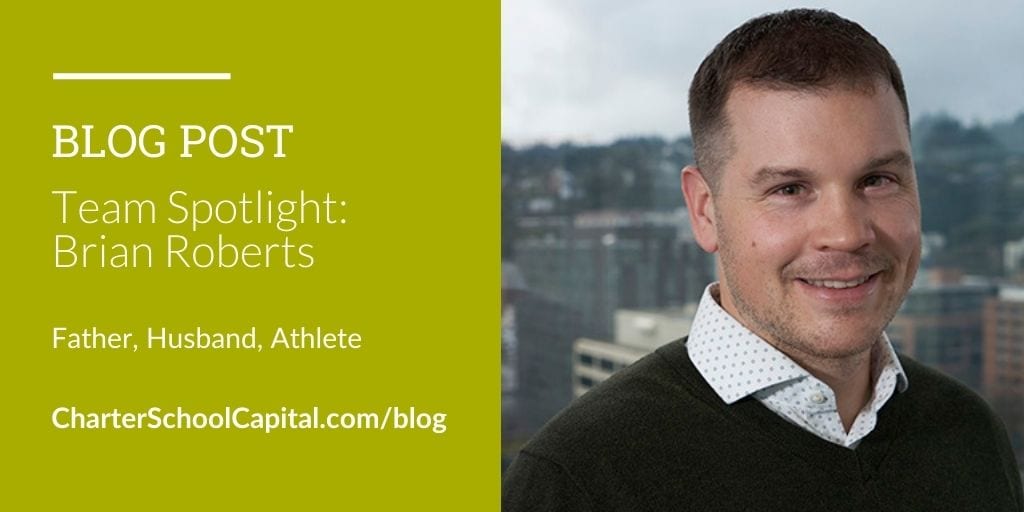
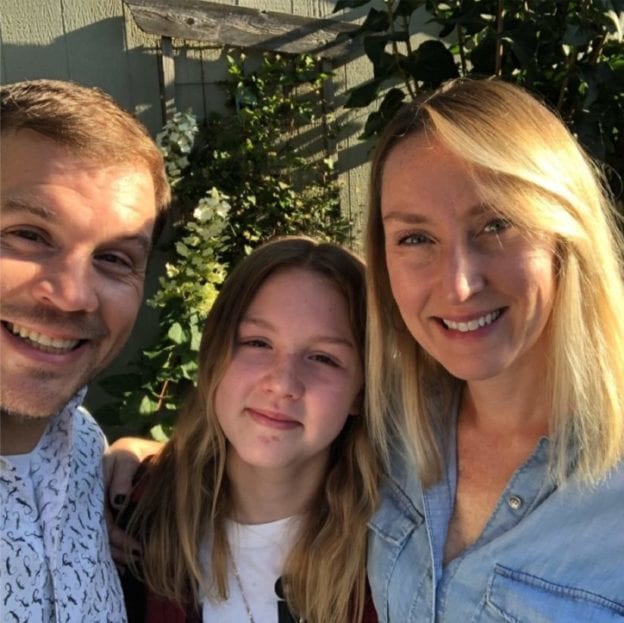
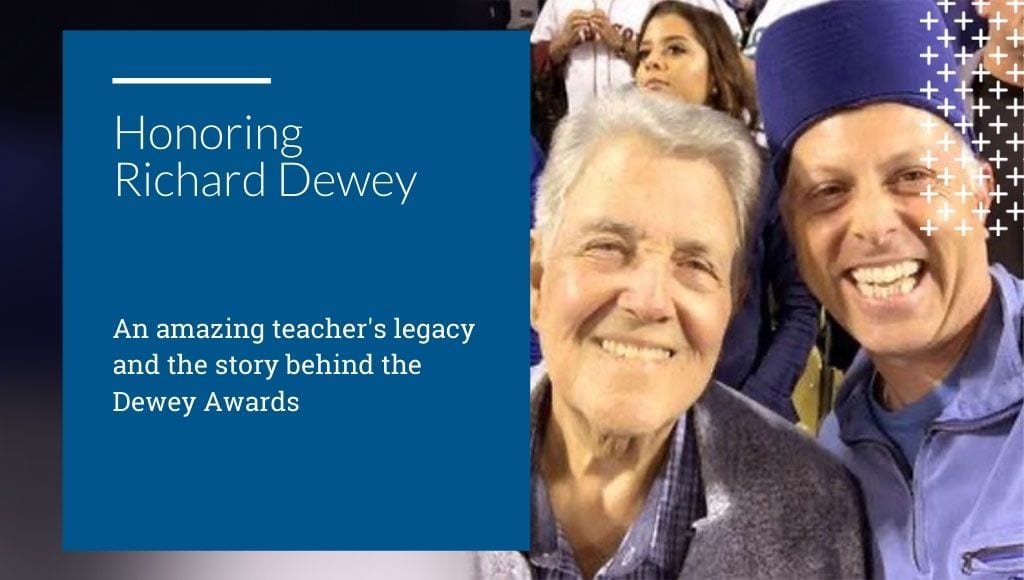
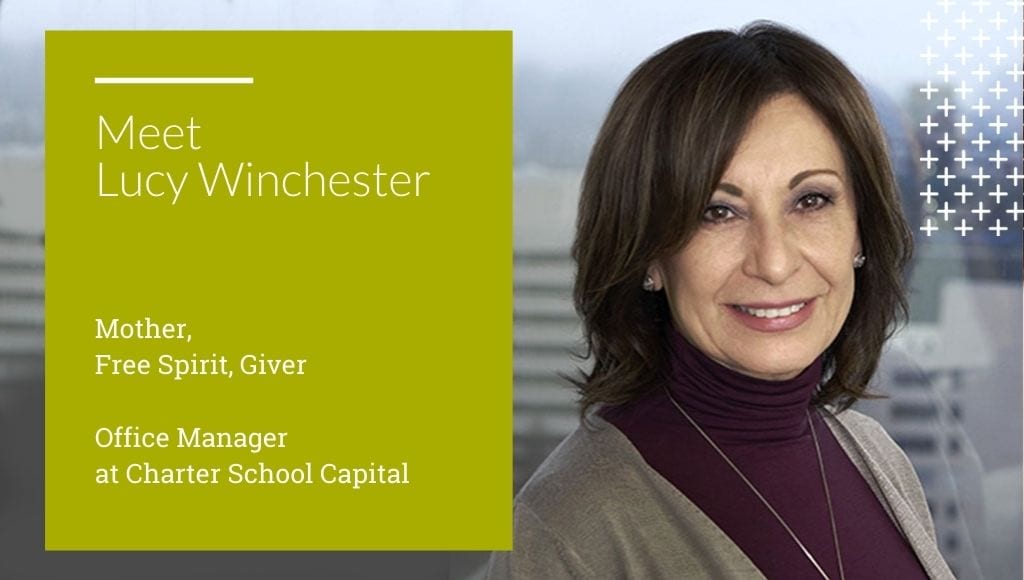
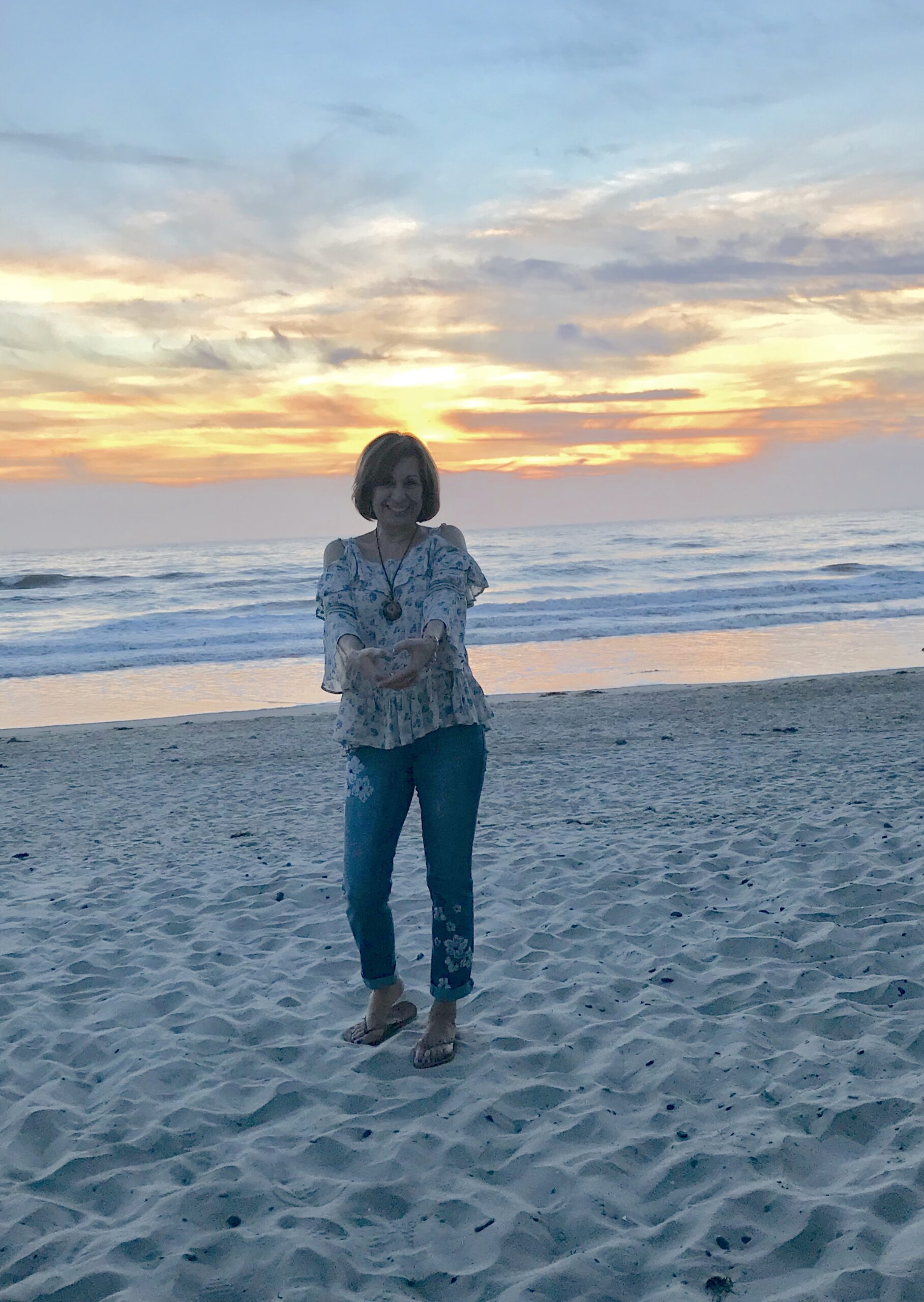
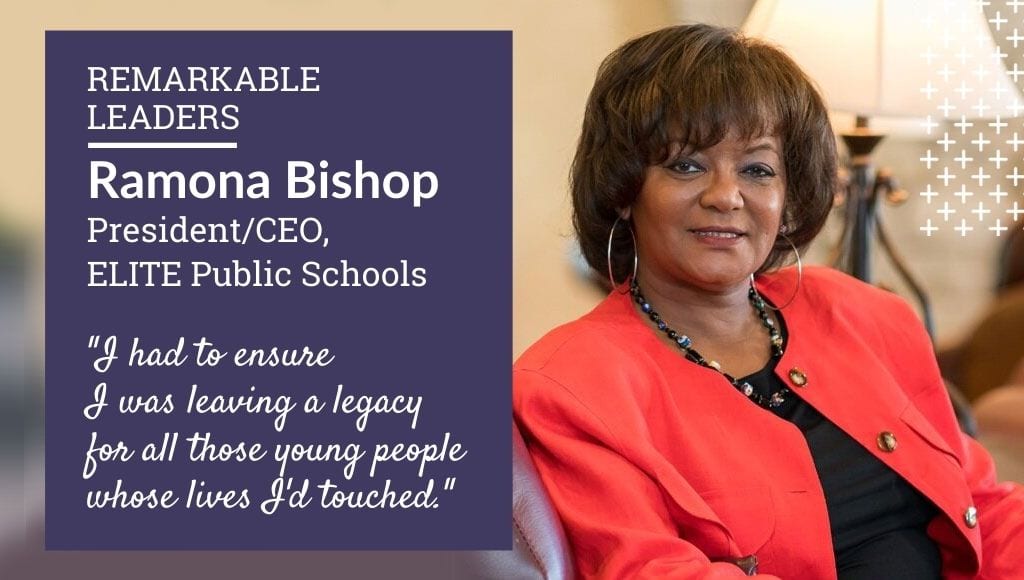
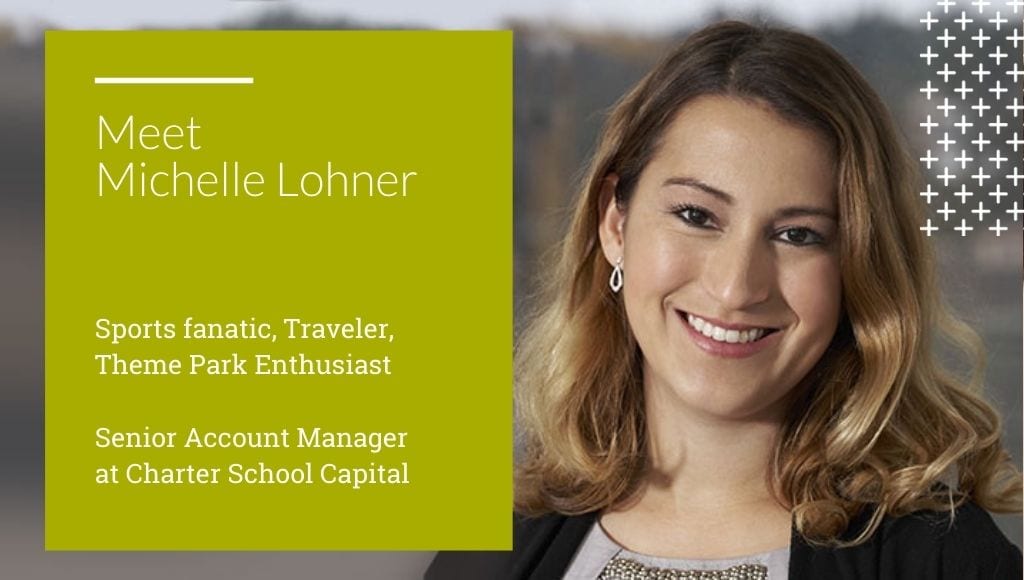
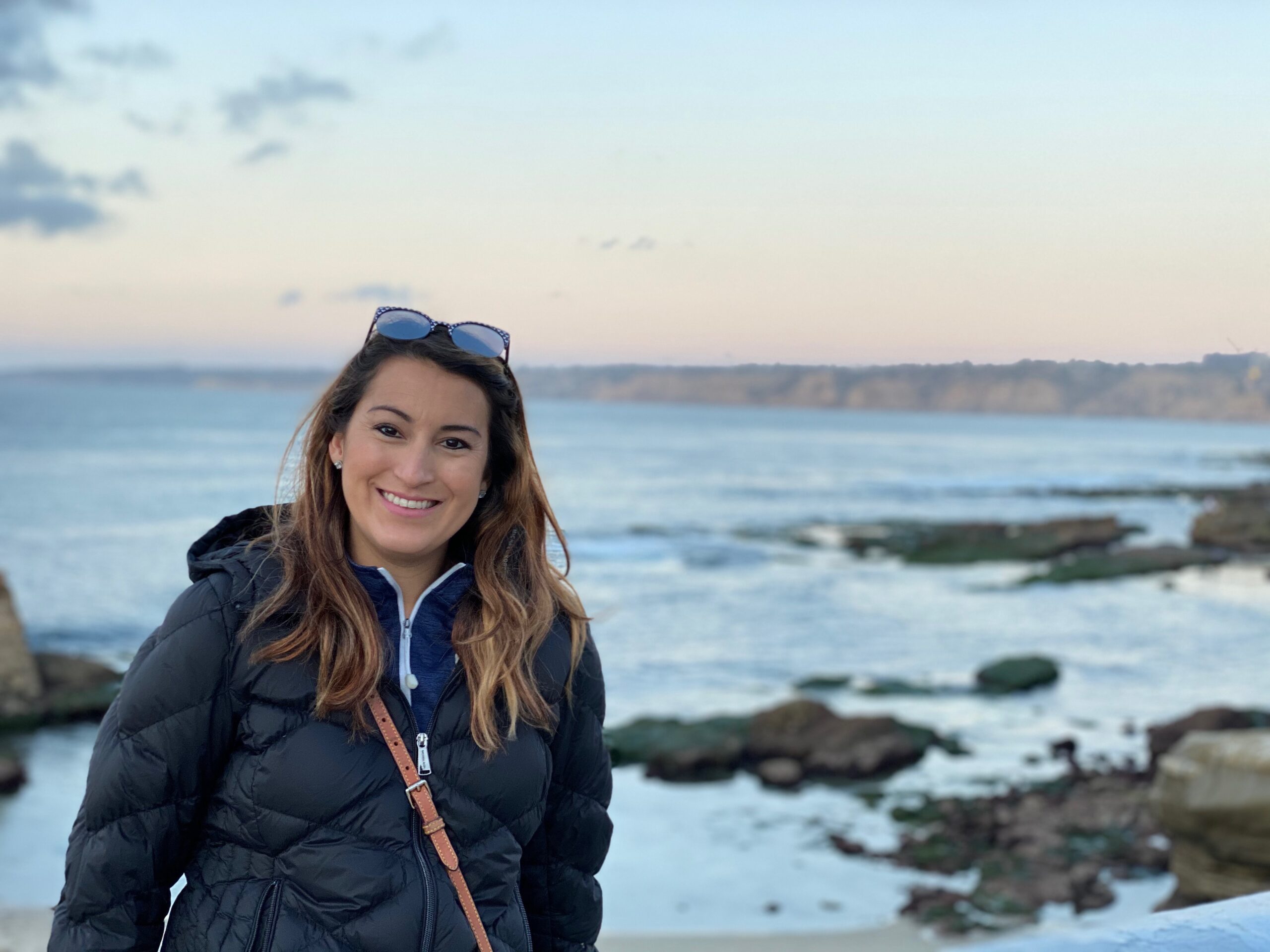 What do you hope to see for the Future of Charter Schools?
What do you hope to see for the Future of Charter Schools?